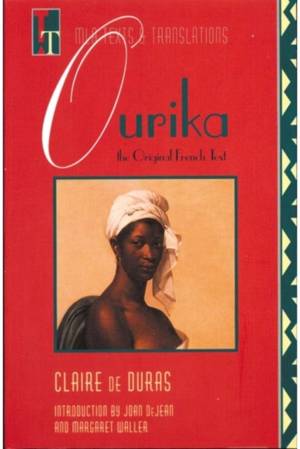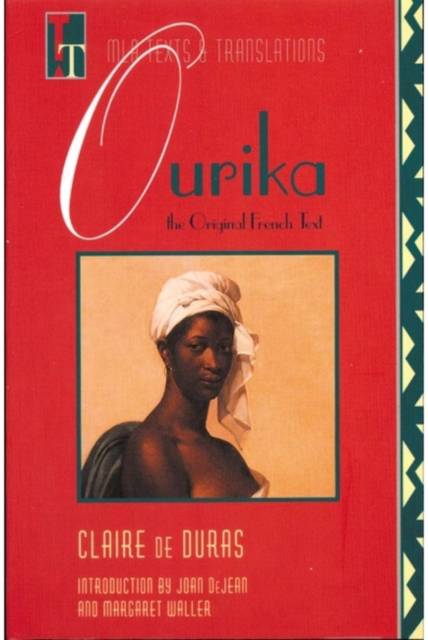
- Afhalen na 1 uur in een winkel met voorraad
- Gratis thuislevering in België vanaf € 30
- Ruim aanbod met 7 miljoen producten
- Afhalen na 1 uur in een winkel met voorraad
- Gratis thuislevering in België vanaf € 30
- Ruim aanbod met 7 miljoen producten
Omschrijving
Based on a true story, Claire de Duras's Ourika relates the experiences of a Senegalese girl who is rescued from slavery and raised by an aristocratic French family during the time of the French Revolution. Brought up in a household of learning and privilege, she is unaware of her difference until she overhears a conversation that suddenly makes her conscious of her race--and of the prejudice it arouses. From this point on, Ourika lives her life not as a French woman but as a black woman who feels cut off from the entire human race. As the Reign of Terror threatens her and her adoptive family, Ourika struggles with her unusual position as an educated African woman in eighteenth-century Europe.
A best-seller in the 1820s, Ourika captured the attention of Duras's peers, including Stendhal, and became the subject of four contemporary plays. The work represents a number of firsts: the first novel set in Europe to have a black heroine; the first French literary work narrated by a black female protagonist; and, as John Fowles points out, the first serious attempt by a white novelist to enter a black mind.
Specificaties
Betrokkenen
- Auteur(s):
- Uitgeverij:
Inhoud
- Aantal bladzijden:
- 45
- Taal:
- Frans
- Reeks:
Eigenschappen
- Productcode (EAN):
- 9780873527798
- Verschijningsdatum:
- 1/01/1995
- Uitvoering:
- Paperback
- Formaat:
- Trade paperback (VS)
- Afmetingen:
- 140 mm x 215 mm
- Gewicht:
- 68 g

Alleen bij Standaard Boekhandel
Beoordelingen
We publiceren alleen reviews die voldoen aan de voorwaarden voor reviews. Bekijk onze voorwaarden voor reviews.











